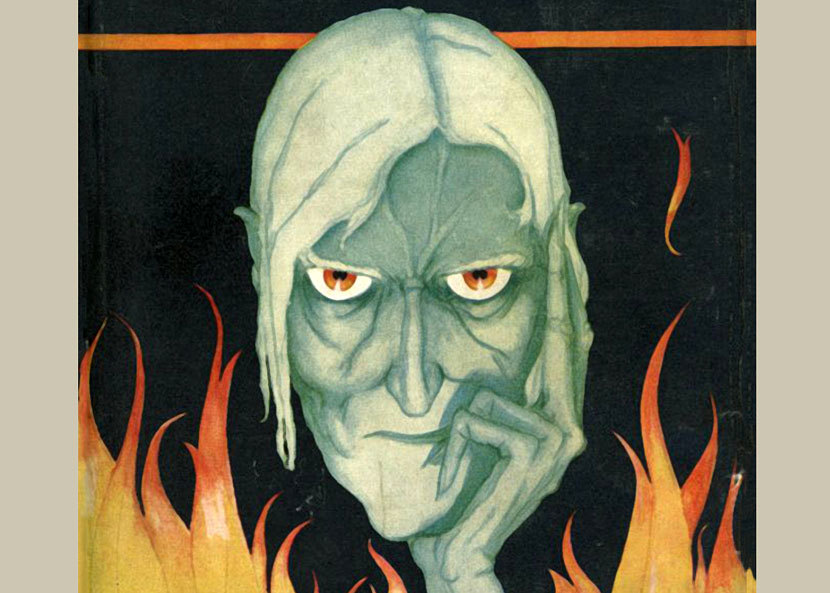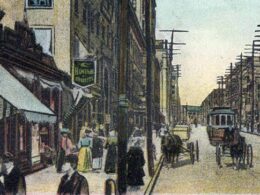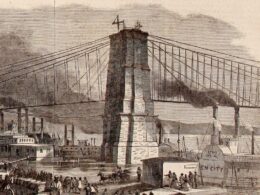Edward Lucas White (1866–1934)
From American Fantastic Tales: Terror and the Uncanny from Poe to the Pulps

Edward Lucas White was born 151 years ago, on May 11, 1866.
During his lifetime he was known for several historical novels that were critical and commercial successes: El Supremo (1916), The Unwilling Vestal (1918), and Andivius Hedulio (1921), the latter two of which H. P. Lovecraft later recommended to Fritz Leiber as “the finest modern fictional reflections” he’d read about the Roman Empire. Each of these three books went through a dozen printings and sold widely for more than a quarter of a century.
But literary respectability can be fleeting, and today you’ll be lucky if you can find any of White’s novels in a used bookstore. White would have been astounded had he known that his enduring fame—such as it is—is instead due almost entirely to a single story he had written years before he became a novelist. “Lukundoo” is now widely considered far ahead of its time, both for describing things that (as one scholar recently put it) “usually happened off stage” and for giving readers “a detailed description of the monstrous figures responsible.” It remains ubiquitous in anthologies of horror fiction and weird tales, and we present it here—in its grisly glory—as our Story of the Week selection.



